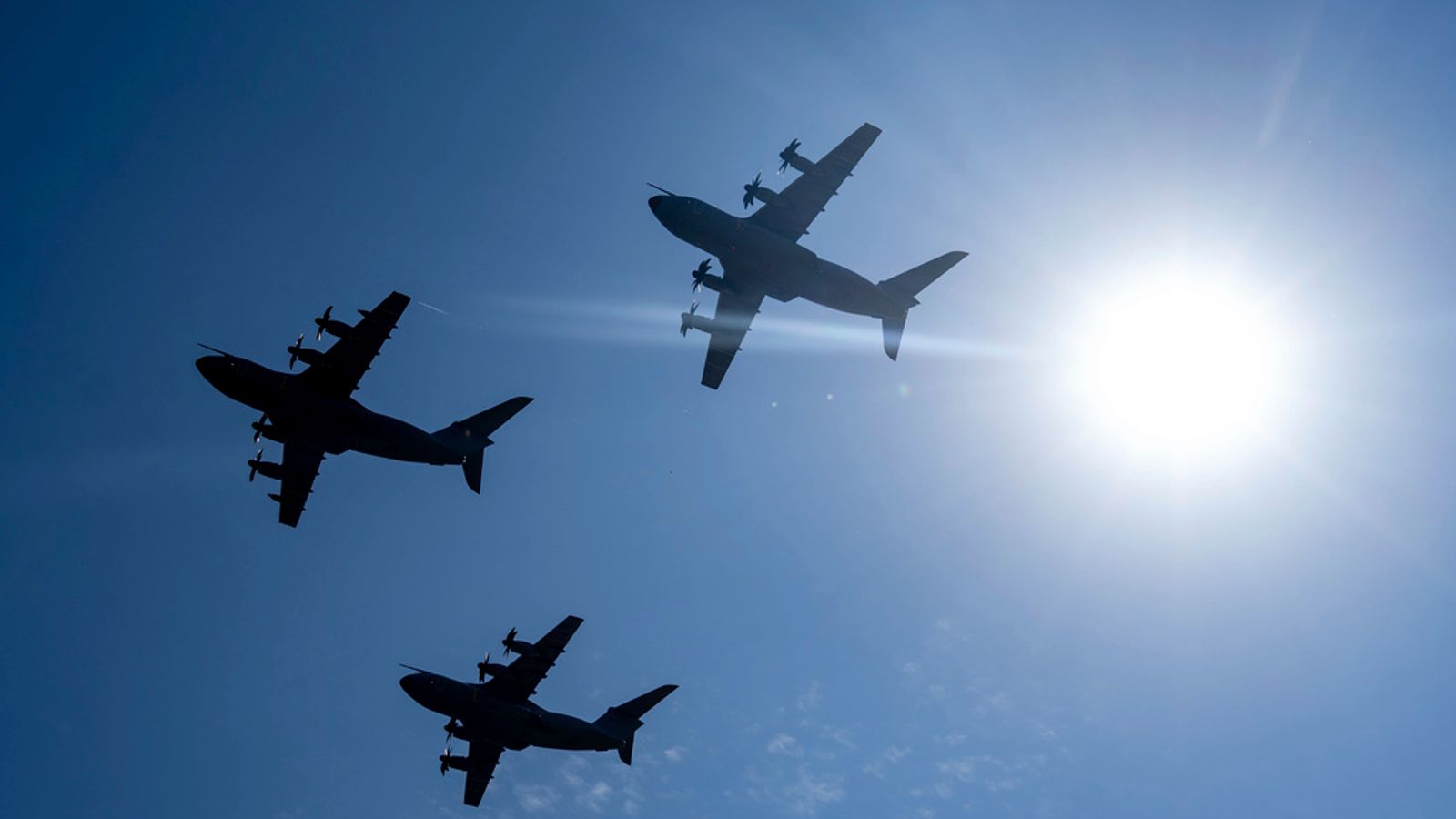Nigeria Drops From 6th To 8th In Latest Global Terror List
Nigeria’s effort in counter-terrorism has paid off, according to latest report from the Global Terrorism Index (GTI).

The country has ranked 6th place in the list of countries most impacted by terrorism in 2022.
But the 2023 Global Terrorism Index (GTI) report released on Tuesday by the Institute for Economics and Peace (IEP), ranked Nigera, 8th most terror impacted country in the world.
The report which is published annually by the IEP, provides a comprehensive summary of the key global trends and patterns in terrorism since 2000, and attempts to systematically rank countries according to terrorist activities.
According to the index for 2023, a continuous decline in the number of deaths from terrorism has seen Nigeria move down from 6th place in 2022 to 8th position in the latest ranking.
In the Sub-Saharan region, Ethiopia was the most improved country in 2022, with the country continuing to record zero terrorism-related deaths for the sixth consecutive year. Al-Shabaab were responsible for two attacks in Ethiopia in 2022, however no deaths were recorded.
Nigeria recorded the largest decrease in the number deaths from terrorism in the region in 2022. Deaths fell by almost a quarter, from 497 in 2021 to 385 in 2022, and are now at their lowest level in Nigeria since 2011.
This fall in deaths was driven by a marked decrease in deaths attributed to ISWA, with the group being responsible for 57 attacks in 2022, compared to 79 in 2021
The GTI further disclosed that the spatial dynamics of terrorism have changed over the last two years in the Sahel.
“Previously, northeastern Nigeria along with Chad, Cameroon and Niger was the epicentre of terrorist activity, with ISWA and Boko Haram responsible for most of this.
“Since 2020, deaths from terrorism have declined in Nigeria’s Borno State and the neighbouring areas of Chad, Niger and Cameroon”, the report noted.
However, there are indications that terrorism’s spatial dynamics in the Sahel are shifting from northeastern Nigeria to the tri-border area of Mali, Burkina Faso and Niger and this marks the further trans-nationalisation of terrorism across the Sahel, and beyond to coastal West Africa.
“Groups like IS and JNIM are also seeking safe havens and new theatres of operations. Many of these new areas are demographically, economically and ecologically similar to regions in Mali, Nigeria, Burkina Faso and elsewhere, from which jihadi groups initially emerged over a decade ago.
“This trend is not uniform but, as Niger and Nigeria both recorded improvements in their scores. Other Sahelian states such as Mauritania, Senegal and the Gambia continue to experience little-to-no terrorism”.
Also, out of the 20 most fatal terrorist attacks in 2022, Nigeria accounted for three, while Burkina Faso had four and Mali led with five.
GTI showed that all three attacks took place in Borno and two were carried out by Islamic State West Africa (ISWA), while local media fingered Boko Haram for one.
Meanwhile, Afghanistan, for the fourth consecutive year, is the country most impacted by terrorism, followed by three African countries – Burkina Faso (second position), Somalia (third) and Mali (fourth).
Syria is in the fifth position, while Pakistan is sixth, and Iraq, seventh.
After Nigeria, Myanmar (Burma) comes next in the ninth position, while Nigeria’s neighbour, Niger Republic, is ranked 10th, among the countries hard hit by terrorism in 2022.
The GTI report listed the outlawed Indigenous People of Biafra (IPOB) among the 20 deadliest terror groups in the world.
According to the GTI, IPOB ranked 10th deadliest terror group while the Islamic State of West Africa (ISWA) ranked 6th.
-diplomatic diary







